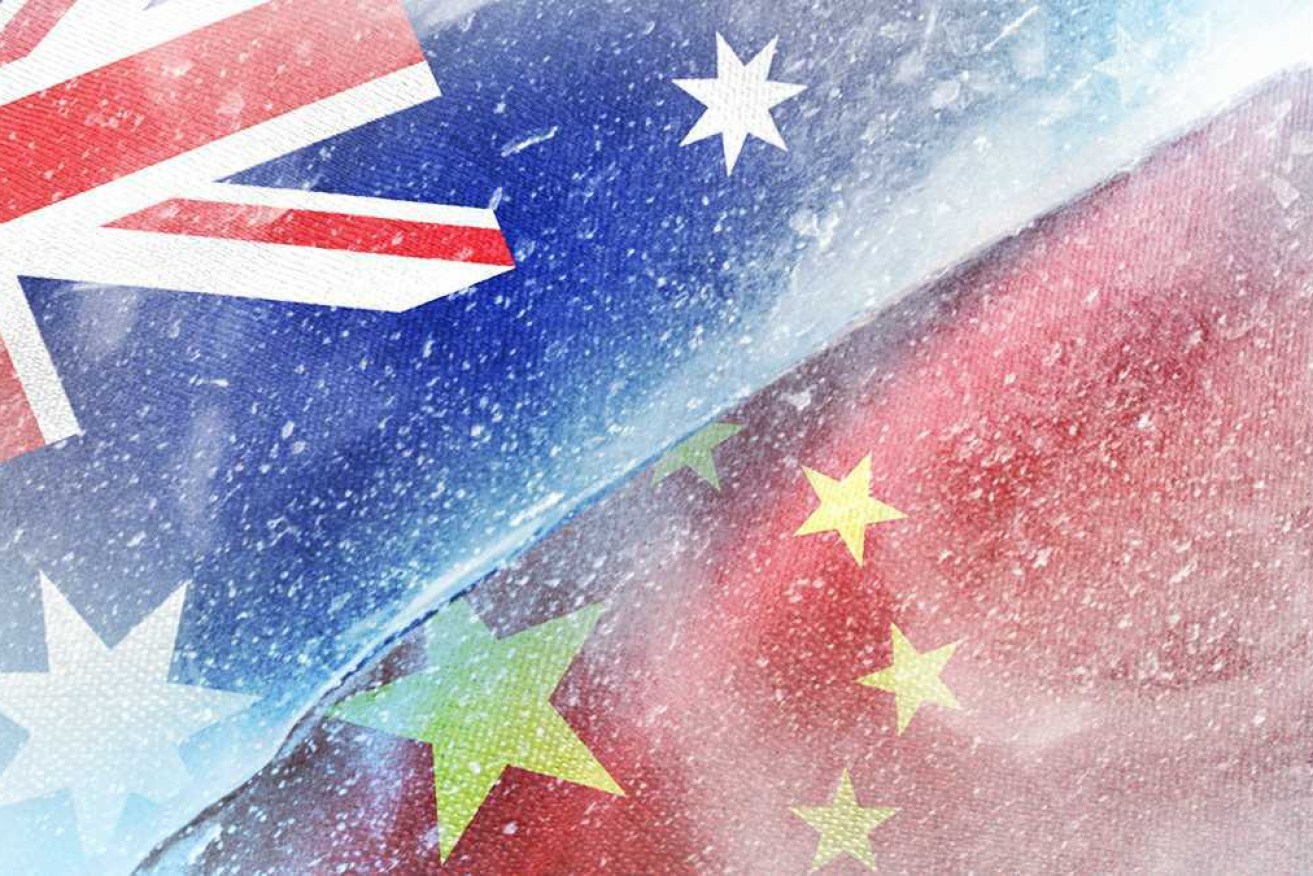China relations in deep freeze as strategic dialogue suspended

China has frozen a strategic economic dialogue with Australia. Photo: TND
Another day, another souring of our relations with China.
Two weeks after the federal government ripped up Victoria’s ‘belt and road’ agreement with the Asian superpower, China’s peak economic planning agency has indefinitely suspended all activities under the China-Australia Strategic Economic Dialogue.
The dialogue was established in 2014 and connects China’s National Reform and Development Commission (NRDC) to the Commonwealth Treasury.
Its suspension will have no discernible impact on the Australian economy in the short term: Iron ore prices are sky high and Chinese demand for the metal is as strong as ever.
But Australia-China Relations Institute director James Laurenceson said it was a regrettable development that would make it harder for the federal government to resolve future disputes.
“[It’s] where the nitty-gritty of issues like expanding market access, or resolving troubles and frictions in market access, get resolved,” he said of the economic dialogue.
“So the fact that Australia no longer has this line into the NRDC, at a senior level, it’s certainly not a positive.”
Professor Laurenceson said the communication channel was “more practical” than dialogues at the ministerial or leadership level, which have already been shut down.
He believes its suspension was retaliation for the federal government cancelling Victoria’s ‘belt and road’ agreement, which Foreign Minister Marise Payne has described as inconsistent with Australia’s foreign policy.
But he said if this was to be China’s only response to the tearing up of the deal, we will have gotten off lightly. The move is largely symbolic, as the third and last meeting held under the forum took place in 2017.
“It’s a long way from some nuclear option like withdrawing from the China-Australia Free Trade Agreement, for example,” Professor Laurenceson said.

China is still buying plenty of iron ore at very healthy prices. Photo: AAP
The suspension of the economic dialogue is the latest in a protracted tit-for-tat with China that has seen import tariffs slapped on Australian wine, beef, barley and timber.
Prime Minister Scott Morrison’s push for an inquiry into the origins of the coronavirus was a major catalyst in the deterioration of relations, which were later aggravated by criticisms over China’s actions in the South China Sea and its new national security law in Hong Kong.
Weeks after Mr Morrison led other world leaders in calling for a probe into COVID-19, China banned imports from four major Australian meat processing plants and slapped an 80.5 per cent tariff on Australian barley exports.
Months later, customs authorities blocked Australian coal, timber, lobster, wine, copper and sugar at Chinese ports.
The restrictions drove down the value of trade between Australia and China across most industries by more than 40 per cent, according to Department of Foreign Affairs and Trade data.
But the total value of Australian exports to China actually soared 20 per cent in March, compared to 2019 levels, clocking in at $13.4 billion.
That’s because the sanctions ignored iron ore – our most valuable export to China.
Independent economist Saul Eslake said the metal ore, which accounts for more than half of our exports to China, would continue to prop up our trade with the superpower, even as restrictions hurt other smaller industries.
“Though it must frustrate the hell out of them, the Chinese really have no alternative to our iron ore,” Mr Eslake told TND.
“Not only are they continuing to buy very large quantities of it, the price is going up, too.”
Thankfully, there’s also evidence of Australian exporters rapidly finding new markets.
For example, exports of cereals – the category dominated by barley – increased by $542 million in March (up 85 per cent), as businesses shipped tonnes of the stuff to the Middle East and beyond.








